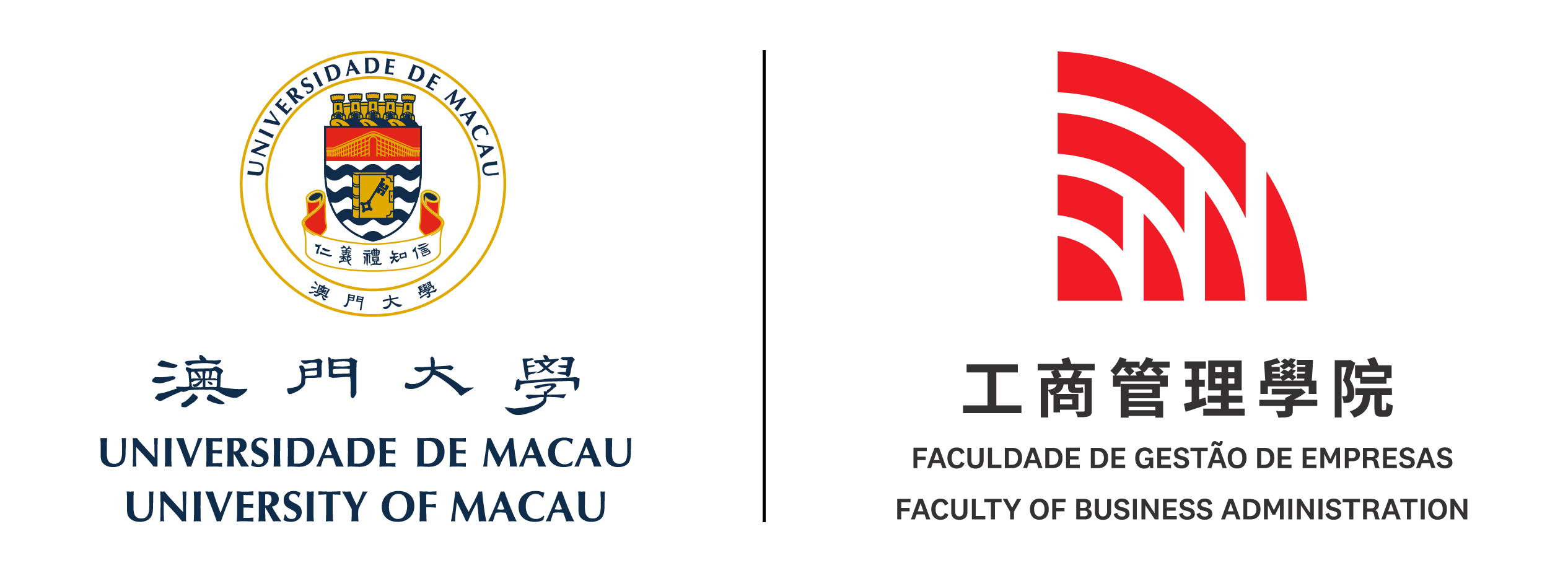Faculty of Business Administration
SEMINAR SERIES No. 14/1516
Business Economics
Financial contagion in networks: An experiment
Dr. Edoardo GALLO
University Lecturer
University of Cambridge, UK
Abstract
The tension between efficiency and equilibrium is a central feature of economic systems. In many contexts, social networks mediate this trade-off: an individual’s network position determines equilibrium play, and social relations allow coordination on an efficient norm. We examine this trade-off in a network game with a unique Nash equilibrium, but such that agents can achieve a higher payoff by following a “collaborative norm”. Subjects establish and maintain a collaborative norm in the circle, but the norm weakens with the introduction of one asymmetric node in the wheel. In complex and asymmetric networks of 15 and 21 nodes, the norm disappears and subjects’ play converges to Nash on every node. We provide evidence that subjects base their decisions on their degree, rather than the overall network structure. Methodologically, the paper shows the capabilities of UbiquityLab: a novel platform to conduct interactive experiments online with a large number of participants.
The 2008 global financial crisis highlighted the crucial role that the network architecture of the financial system plays in determining systemic contagion. In the aftermath of the crisis, the Bank of England argued that “the financial network should be structured so as to reduce the chances of future systemic collapse” and “better information on connections between firms in the financial network
This paper investigates experimentally the roles of network and information structures on financial contagion, price formation, and the behaviour of traders. Participants have heterogeneous valuations for assets and they are assigned to a position in a network of liabilities that leaves them exposed to counterparty risk. One participant is hit by a shock whose size is common knowledge. Participants can trade assets in a double auction market and they face a trade-off: buy to earn a long-term return from the assets vs. sell to raise liquidity to cushion the potential spillovers from the shock.
Network structure has a significant impact on the resilience of the system to shocks. Financial contagion and individual bankruptcy are much more likely in core-periphery compared to circle networks. In core-periphery networks, the traders perceive this heightened risk leading to collapse in prices and a market freeze where everyone is trying to sell assets. In contrast, in circle networks the market functions normally. Whether market participants have information about the location of the shock in the network, however, has no substantial effect on financial contagion, individual bankruptcy, the evolution of prices, or traders’ bidding behaviour.
Date: 21 March, 2016 (Monday)
Time: 11:00~12:00
Venue: Faculty of Business Administration, E22-2010
A Short Biography of Dr. Edoardo GALLO
Dr. Gallo received his B.A from Harvard University, Mphil and Ph.D. from Oxford University. He is currently university lecturer and official fellow at Cambridge University, UK. Dr Gallo has published his research work in top tier journals including Academy of Management Journal, Journal of Economic Theory, Journal of Economic Behavior & Organization. He has won a number of awards such as Runner-up for Outstanding Empirical Paper Award, IACM Annual Conference, 2012; Unicredit & Universities Foundation Best PhD Thesis Award, 2012; Sir Alexander Cairncross Memorial Prize for the Best Paper, Scottish Economic Society Annual Conference, 2010; Young Economist Best Paper Prize, Irish Economic Association Conference, 2009; and Best Paper Prize, ACDD Conference, Strasbourg University, 2009 among other.
ALL ARE WELCOME!


